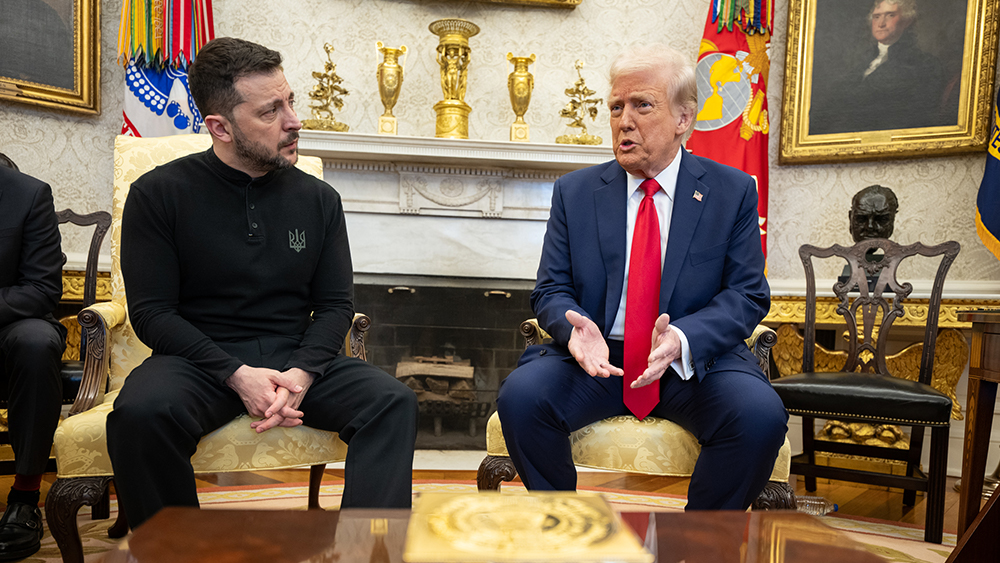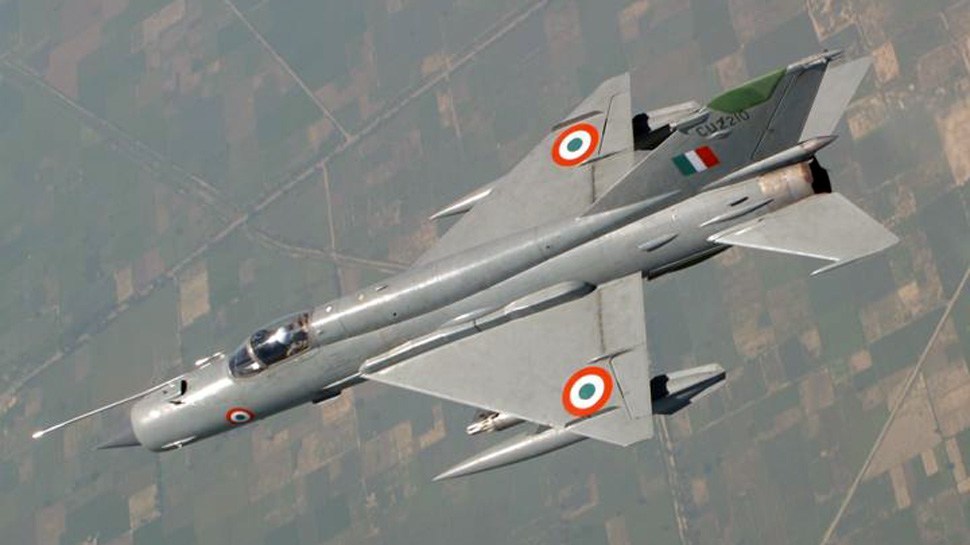 Parler
Parler Gab
Gab
Although the bruising experience in Vietnam had apparently induced a somewhat greater level of caution—at least temporarily—among Washington’s political and policy elites with respect to a few specific cases, it had not caused any reconsideration of the foundational assumptions of U.S. foreign policy. In particular, the “1930s model” still dominated elite perceptions about world affairs and America’s proper role in the international system: American opinion leaders were still obsessed with preventing the rise of “another Hitler.” Closely related assumptions were that “appeasement” never works, “aggression” had to be stopped in its tracks as soon as signs of it appeared, and that complex, murky geopolitical struggles could be portrayed as stark conflicts between good and evil. Despite the negative consequences of the Vietnam War, those attitudes remained intact.
The continuing ability of such propaganda to sway public opinion in favor of war became apparent during the Persian Gulf crisis in 1990-1991. The simplistic “good versus evil” narrative was especially tenacious. George H.W. Bush’s administration, with the active assistance of a hawkish news media, succeeded in convincing the American public that not only was Iraq’s Saddam Hussein a monstrously evil ruler, but also that he posed a threat to world order comparable to Hitler’s.
It was a preposterous notion for multiple reasons. First, Washington had viewed Saddam as a valuable client throughout Iraq’s multi-year war of aggression against Iran’s revolutionary government. The Iraqi leader got into trouble with Washington only when he failed to win the fight against Tehran and then had the temerity to seize Kuwait (a longstanding Iraqi territorial claim) without Washington’s permission. Bush administration officials and their media allies exaggerated Iraq’s military capabilities and invented inflammatory atrocity stories to justify a war against Iraq waged by a U.S.-dominated international coalition.
The surprisingly easy victory by coalition forces largely erased the lessons of caution remaining from the Vietnam experience. Administration officials and other members of Washington’s pro-war elite gloated that America had finally overcome the “Vietnam Syndrome.” When the dissolution of the Soviet Union at the end of 1991 left the United States as the sole remaining global power, that development eliminated the last restraint on U.S. military adventurism.
The painful lessons of the defeat in Vietnam have been largely forgotten, and the current generation of U.S. policymakers is at least as reckless as any of its predecessors. The prevailing approach to international conflicts has a dreary, formulaic aspect: exaggerate the severity of the threat to both international peace and America’s security; portray Washington’s adversary as the epitome of evil; and portray any beleaguered U.S. client as both an innocent victim and a proponent of freedom and democracy. Washington’s dishonest propaganda regarding the war between Russia and Ukraine—both corrupt autocracies—is almost a caricature of that strategy.
The litany of Washington’s military interventions and proxy wars since Vietnam—Afghanistan, Lebanon, Grenada, Panama, Kuwait, Somalia, Bosnia, Kosovo, Afghanistan (again), Libya, Syria, Yemen, and most dangerous of all, Ukraine—all convey the extent to which U.S. policy elites and much of the U.S. public have remained impervious to the deeper meaning of the Vietnam debacle. As one cynical observer said to me, “The only enduring lesson from the Vietnam War appears to be ‘don’t go to war in a country called Vietnam.’” Such a pervasive failure of policymakers and the American people to learn more substantial lessons may be that horrible conflict’s most tragic and lasting legacy.
Read more at: LibertarianInstitute.org
By Lance D Johnson // Share
By Lance D Johnson // Share
Ukraine parliament ratifies U.S. minerals deal after bitter Trump-Zelensky clash
By Cassie B. // Share
SLOW DEATH JABS: Pfizer Vaccine Linked to Higher All-Cause Mortality Rate than Moderna Shot
By S.D. Wells // Share
EU embraces censorship over solutions as energy grid crises spark blackout fears
By Willow Tohi // Share
Governments continue to obscure COVID-19 vaccine data amid rising concerns over excess deaths
By patricklewis // Share
Tech giant Microsoft backs EXTINCTION with its support of carbon capture programs
By ramontomeydw // Share
Germany to resume arms exports to Israel despite repeated ceasefire violations
By isabelle // Share










